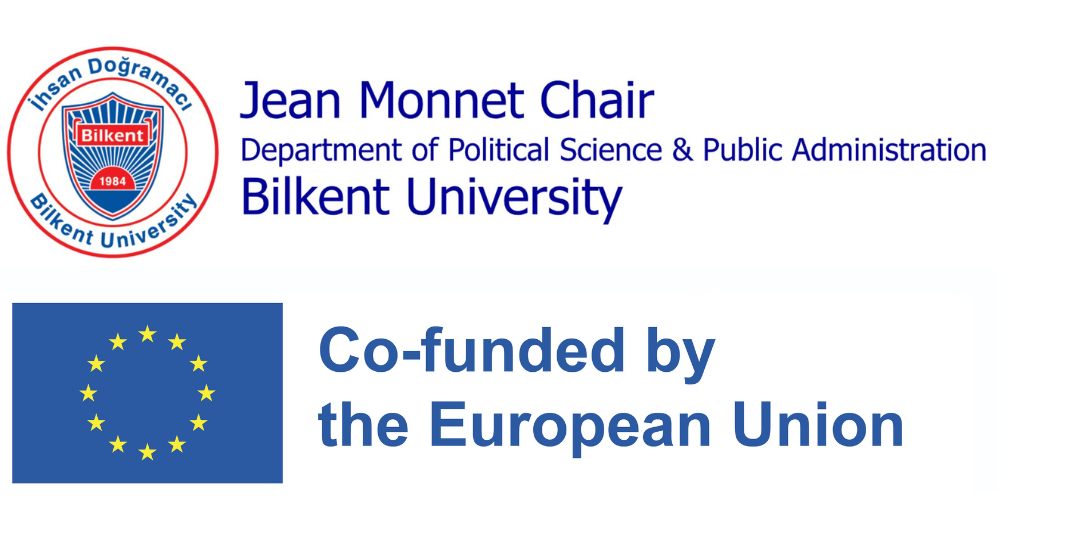Bilkent University
Department of Political Science & Public Administration
Jean Monnet Roundtable Series
announces:
“Turkey, Cyprus and the European Union: Multiple Perspectives”
Wednesday, 11 March 2015, 14:30-16:00
A-130 (FEASS Seminar Room)
Panelists
Dr. Başak Alpan
Middle East Technical University (METU)
Dr. Nikos Moudouros
University of Cyprus
Dr. Ioannis N. Grigoriadis
Bilkent University
Short Bio
Dr. Başak Alpan is an Assistant Professor and a Lecturer in European Politics and Political Sociology at the Department of Political Science and Public Administration, at the Middle East Technical University (METU). She completed her undegraduate and postgraduate studies at METU and obtained her PhD at the University of Birmingham. Her research interests include European studies, culture and identity dimensions of European integration, discourse theory, football politics and the construction of intercultural attitudes through football. Dr. Alpan has also been working as an editor at Centre for Policy and Research on Turkey (Research Turkey) since 2012.
Dr. Nikos Moudouros is a graduate of the Turkish and Middle-Eastern Studies Department of the University of Cyprus. He obtained a postgraduate title from the University SOAS London and a Doctoral title from the Turkish and Middle-Eastern Studies Department of the University of Cyprus. He worked as a special advisor to the Presidency of the Cyprus Republic on Turkish and Turkish Cypriot Affairs during the period 2008-2013. His research interests focus on the modern history of Turkey, as well as the history of the Turkish Cypriot community. He is teaching as a Special Academic Staff at the Turkish and Middle-Eastern Studies Department of the University of Cyprus. He is the author of the book “The transformation of Turkey. From the Kemalist domination to ‘Islamic neo-liberalism’”, by Alexandria publications (Athens).
Dr Ioannis N. Grigoriadis is Assistant Professor and Jean Monnet Chair at the Department of Political Science and Public Administration, Bilkent University. He completed his undergraduate studies at the Faculty of Law, Economics and Political Science, University of Athens, where he studied Law. In 2002 he obtained a Master of International Affairs (MIA) and an Advanced Certificate of Middle Eastern Studies from the School of International & Public Affairs (SIPA), Columbia University. In 2005, he successfully defended his PhD thesis in Politics at the School of Oriental and African Studies (SOAS), University of London. Ηe has worked as research associate at Columbia University and the University of Oxford. Between 2004 and 2009 he taught at Sabanci University, Isik University and the University of Athens. His recent publications include Instilling Religion in Greek and Turkish Nationalism: A “Sacred Synthesis”, (London & New York: Palgrave Macmillan, 2012), Trials of Europeanization: Turkish Political Culture and the European Union, (London & New York: Palgrave Macmillan, 2009).


